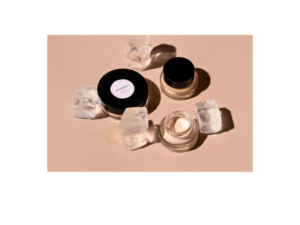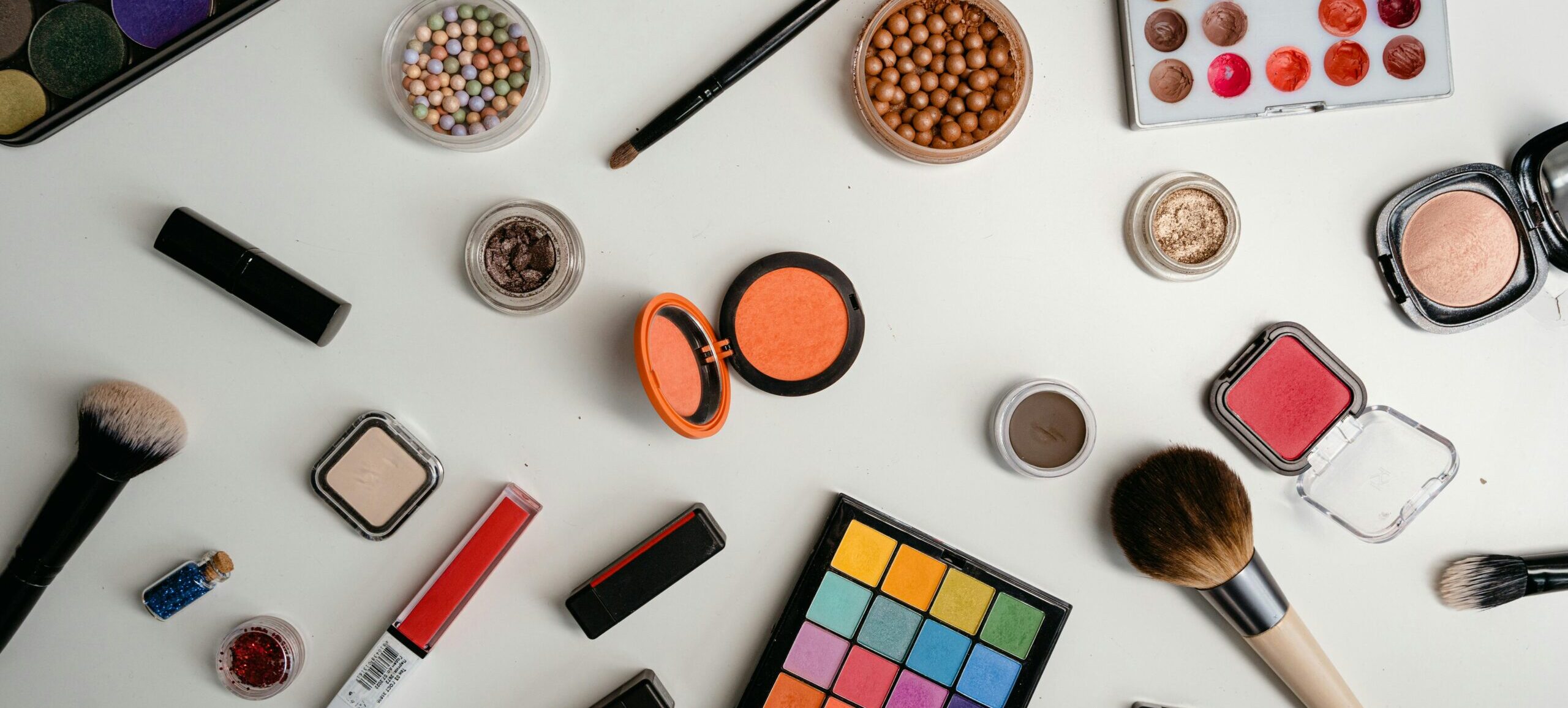Makeup: The Essential Qualities to Look For
Makeup has become an essential part of our daily routines, helping us feel confident, beautiful, and ready to face the world. However, with countless products available in the market, it can be overwhelming to determine which qualities to prioritize when selecting the best makeup for your needs. In this article, we’ll explore the essential characteristics that define high-quality makeup, ensuring that you make informed decisions and achieve a flawless, long-lasting look.
1. Long-Lasting Wear
One of the most crucial qualities to look for in makeup is its ability to withstand the test of time. Whether you’re heading to work, attending a special event, or simply running errands, you want your makeup to stay put and look fresh throughout the day. When shopping for foundation, eyeshadow, or lipstick, opt for formulas that boast long-lasting wear. Look for keywords like “24-hour wear,” “smudge-proof,” or “waterproof” on the packaging to ensure that your makeup will remain intact, even in the face of humidity, sweat, or tears.
2. Skin-Loving Ingredients
In addition to providing flawless coverage and enhancing your features, the best makeup products should also nourish and care for your skin. Look for formulas that contain skin-loving ingredients such as hyaluronic acid, vitamin E, and antioxidants. These components work to hydrate, protect, and rejuvenate your skin, promoting a healthy and radiant complexion. By choosing makeup that doubles as skincare, you can simplify your beauty routine and achieve a glowing, youthful appearance.
3. Pigmentation and Color Payoff
The quality of a makeup product is often determined by its pigmentation and color payoff. High-quality eyeshadows, blushes, and lipsticks should deliver rich, vibrant colors that are true to their appearance in the packaging. When swatching a product, pay attention to how easily the color transfers onto your skin and how well it blends. A little should go a long way with high-quality makeup, allowing you to achieve your desired look with minimal product application.
4. Texture and Blendability 
The texture and blendability of a makeup product can make a significant difference in how it applies and looks on your skin. Whether you prefer a liquid, cream, or powder formula, the best makeup should have a smooth, buttery texture that glides effortlessly onto your skin. It should blend seamlessly, without leaving behind any streaks, patches, or harsh lines. A high-quality foundation, for example, should melt into your skin, creating a natural, skin-like finish that doesn’t look cakey or heavy.
5. Packaging and Applicators
While the packaging of a makeup product may not directly impact its performance, it can certainly influence your overall experience. Look for products with sturdy, well-designed packaging that protects the formula and prevents spillage or breakage. Additionally, pay attention to the applicators that come with the product. High-quality makeup brushes, sponges, or wands can make a significant difference in how the product applies and blends on your skin. Opt for products with soft, dense bristles or plush, bouncy sponges for a flawless, professional-looking application.
6. Sensitivity and Allergies
If you have sensitive skin or are prone to allergies, it’s crucial to choose makeup products that are formulated with your specific needs in mind. Look for products that are labeled as “hypoallergenic,” “non-comedogenic,” or “fragrance-free.” These formulas are less likely to cause irritation, breakouts, or allergic reactions. Additionally, consider opting for makeup that is free from common allergens such as parabens, sulfates, or phthalates. By selecting products that cater to your skin’s sensitivities, you can enjoy a flawless look without compromising your skin’s health.
7. Built-in SPF Protection Makeup
While not all products contain SPF, it’s a valuable quality to look for, especially in foundations, tinted moisturizers, and BB creams. Choosing a makeup product with built-in SPF protection can help shield your skin from harmful UV rays, reducing the risk of premature aging,
8. Reviews 
Reviews can provide valuable insights into the quality of a makeup product. Look for reviews that comment on the product’s performance, longevity, and overall quality. Here are a few examples:
- “I absolutely love this foundation! It blends seamlessly with my skin and lasts all day. Plus, it’s made with natural ingredients, so I know it’s safe for my skin.” – Jane Doe
- “This lipstick is amazing! It’s highly pigmented and super comfortable to wear. I also appreciate that it’s free from harmful chemicals.” – John Doe
9. Ingredients
The ingredients used in makeup products play a crucial role in determining their quality. High-quality products often contains ingredients that are safe for the skin, non-comedogenic (won’t block the pores), and free from harmful chemicals.
Primary Ingredients : Today, the average makeup product consists of 15 to 50 ingredients, primarily water, oil, and wax. Water serves as a solvent, dissolving other elements and enabling their amalgamation. Oils and waxes confer smoothness to the makeup, facilitating its application, and often doubling as skin softening agents.
Chemical Constituents : In addition to these primary ingredients, a multitude of chemicals forms the backbone of your makeup products. Emulsifiers, for instance, are crucial for mixing oil and water. Preservatives help extend the product’s shelf life, while coloring agents add hues to your cosmetics. These coloring agents can be derived from various sources, including minerals, plants, and even animals.
Natural Ingredients : Contrary to the chemical constituents, a growing trend towards “all-natural” products has emerged, focusing on products free from artificial makeup ingredients. Such cosmetics may incorporate natural elements like aloe Vera, known for its anti-aging, anti-inflammatory, and anti-microbial properties. Jojoba oil, another natural constituent, is a versatile cosmetic ingredient lauded for its hydrating properties. Squalane, derived from olives, soothes acne-prone or oily skin and increases hair strength and shine. 
Ingredients to Avoid : While numerous chemicals can be utilized in cosmetic formulations, it’s important to avoid certain ingredients for safety reasons. For instance, parabens, sulfates, and phthalates can be harmful to your skin.
Checking Ingredient Lists : There are several websites and apps that can help you learn more about the ingredients in your favorite beauty products. These platforms can help you determine what products are best suited for your skin type
Conclusion
Choosing the best quality product involves considering several factors, including the ingredients, performance, safety, and brand reputation. By keeping these factors in mind, you can find makeup products that are not only high in quality but also suitable for your skin type and needs.
Learn More on: wildaboutbeauty.com
Read More : Ketsya.com





